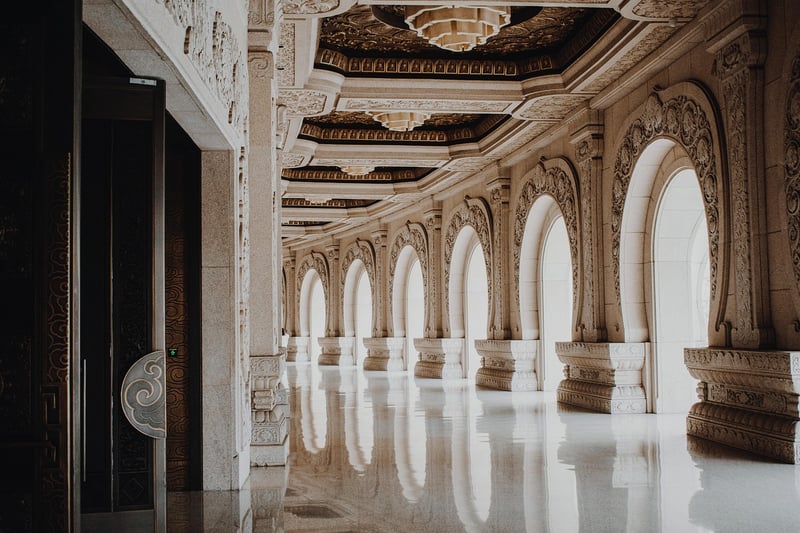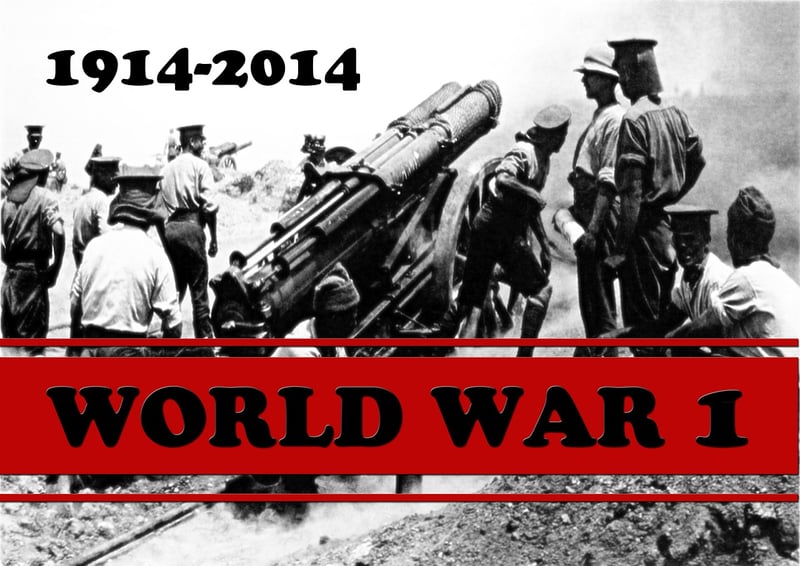World War Prevention
How Small Decisions Can Change the Course of History: Preventing World War
History is often shaped by significant events and decisions made by individuals and nations. The world has witnessed the devastating impact of wars, especially World War I and World War II, which resulted in millions of lives lost and widespread destruction. However, what if small decisions were made differently? Could these catastrophic events have been prevented?
Understanding the Causes of World Wars
World War I erupted in 1914 due to a combination of factors such as militarism, alliances, imperialism, and nationalism. The assassination of Archduke Franz Ferdinand of Austria-Hungary acted as a catalyst, leading to a chain of events that culminated in a global conflict.
Similarly, World War II was fueled by unresolved issues from the first world war, economic instability, the rise of totalitarian regimes, and territorial ambitions. The failure of diplomatic efforts and the appeasement policy towards aggressive powers ultimately set the stage for another devastating war.
The Power of Diplomacy and Dialogue
One crucial aspect of preventing wars is the power of diplomacy and dialogue. Through open communication and negotiation, nations can resolve conflicts peacefully and avoid resorting to military confrontation. The League of Nations, established after World War I, aimed to promote international cooperation and prevent future conflicts through diplomacy.
Furthermore, strong leadership and a commitment to upholding democratic values can deter aggression and maintain stability in the international arena. Leaders who prioritize dialogue and cooperation over aggression and expansionist policies contribute to a more peaceful world.
Learning from History to Shape the Future
By studying the causes and consequences of past wars, we can learn valuable lessons on conflict resolution and the importance of international cooperation. Small decisions made by individuals in positions of power can have significant ripple effects on global events.
It is essential for current and future leaders to prioritize diplomacy, human rights, and the rule of law to prevent conflicts and build a more peaceful world. By promoting dialogue, understanding, and empathy, we can change the course of history and create a better future for generations to come.

Conclusion
While the past cannot be changed, we have the power to shape the future through our actions and decisions. By valuing diplomacy, cooperation, and peace, we can work towards preventing future conflicts and ensuring a more stable and harmonious world for all.
Let us learn from history and strive to make choices that lead to a brighter tomorrow, free from the devastation of war. Together, we can change the course of history and build a world where peace prevails.
